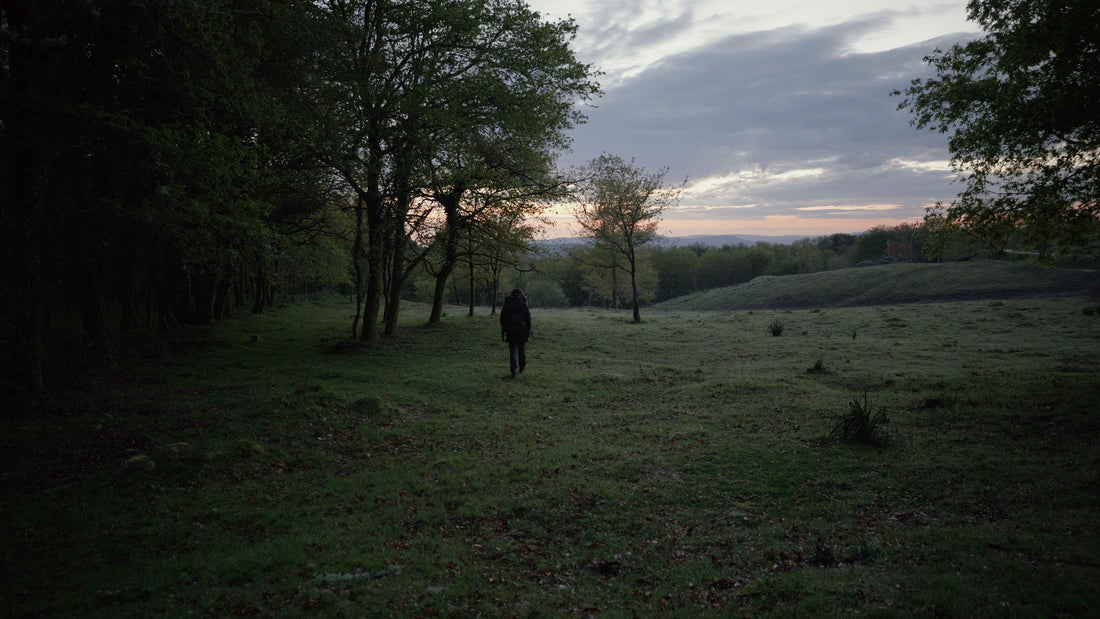
What photography has taken away from us
Rui M. CostaPhotography was meant to be a side dish of life itself, a way of storing memories of beautiful moments and places and people.
Photography became the center piece - it didn’t happen if it isn’t photographed.

It was once a quiet companion to life—a way to hold onto what flees our memory, a tool to document the people, places, and moments we wished to remember. It was never meant to take center stage. It existed to support memory, not replace it.
Somewhere along the way, photography shifted from a subtle art of preservation to a constant performance— Susan Sontag explores how the camera alters both our experiences and our sense of reality. The camera became an omnipresent third party in every experience, always asking: Did this really happen if there’s no photo to prove it? Moments that once would have been fully lived are now interrupted, paused for the perfect angle or the right lighting. We document our lives more than we inhabit them.

There’s something lost when we feel the need to constantly capture life through a lens. The best moments—the ones that take our breath away—often resist being bottled up. They demand presence, not proof. Sunsets feel warmer when we're not searching for the best filter. Conversations are richer when we're not trying to frame them just right. Laughter is louder when we're not worried about catching it on video.
Photography was meant to add to the moment, not take us out of it—it was meant to be slow—a thoughtful process of selecting what matters most, what deserves to be frozen in time.
This isn't to say photography is inherently bad. Far from it. Photos allow us to relive what we've loved. They give us tangible proof of the beauty we've seen. But maybe the key is to return to a more mindful relationship with the camera. What if we photographed less, but more intentionally? What if we allowed ourselves to live fully first, and only then decided if the moment needed capturing?

The most vivid memories often come from what we felt, not what we recorded. Perhaps the best way to preserve a moment is to be entirely present in it—to trust that some beauty is meant only to be lived, not photographed.
Let photography return to its rightful place: a gentle witness to life, not the reason for living it.

